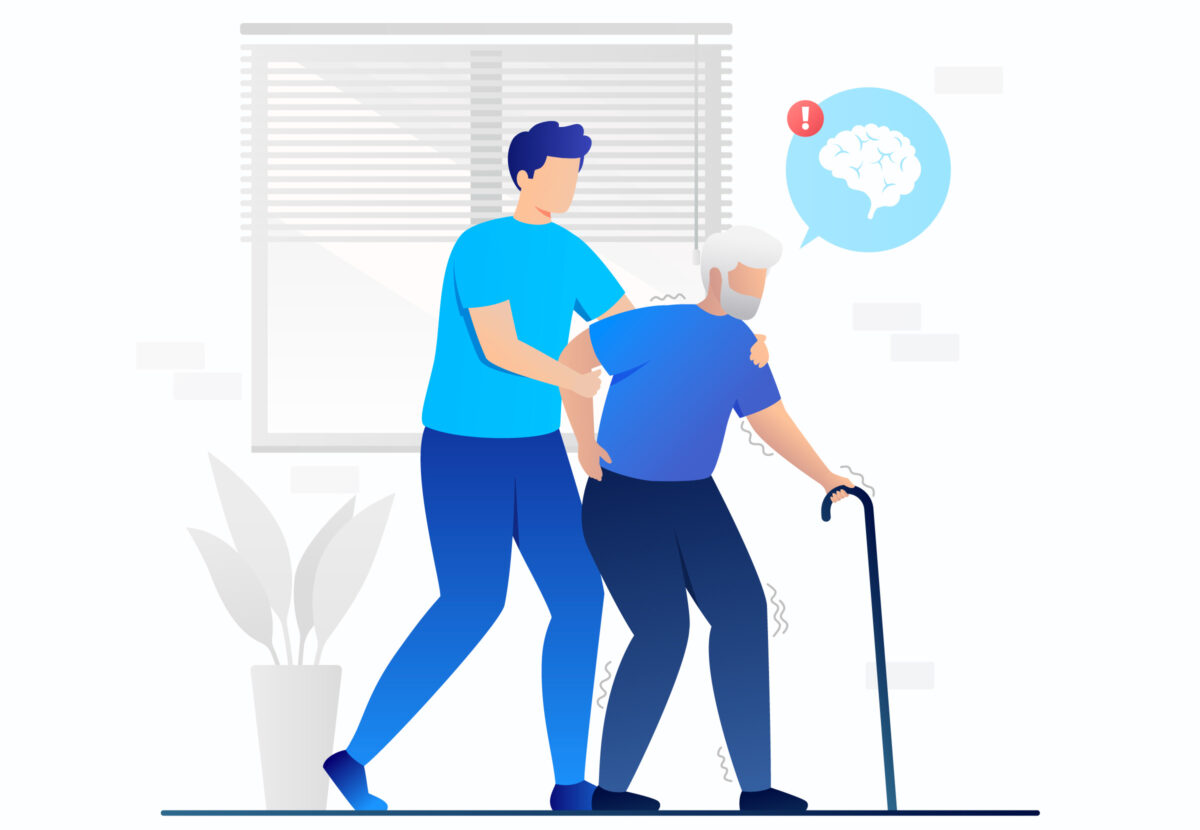Receiving a diagnosis of stroke can be life-altering, but it’s essential to remember that recovery is possible. Navigating the rehabilitation process after a stroke requires determination, patience, and expert guidance. In this blog, we’ll explore valuable advice from Dr. Vivek Gupta, a renowned expert in stroke rehabilitation, to support individuals on their path to recovery.
- Understand the Importance of Rehabilitation: Rehabilitation is crucial for stroke survivors as it helps in regaining lost skills, improving mobility, and enhancing overall quality of life. Embrace the rehabilitation process as a pathway to recovery and restoration.
- Set Realistic Goals: Establishing realistic and achievable goals is essential during stroke recovery. Work closely with your healthcare team to set milestones that align with your abilities and aspirations. Celebrate each milestone reached as a testament to your progress and resilience.
- Embrace Multidisciplinary Care: Stroke rehabilitation often involves a multidisciplinary approach, incorporating various healthcare professionals such as physiotherapists, occupational therapists, speech therapists, and psychologists. Embrace the expertise of each team member to address different aspects of your recovery comprehensively.
- Stay Consistent with Therapy: Consistency is key in stroke rehabilitation. Attend therapy sessions regularly and actively participate in prescribed exercises and activities. Consistent effort and dedication will yield gradual but significant improvements over time.
- Focus on Physical and Cognitive Rehabilitation: Stroke rehabilitation encompasses both physical and cognitive aspects. Engage in exercises to improve strength, balance, and coordination, while also participating in cognitive rehabilitation activities to enhance memory, attention, and problem-solving skills.
- Utilize Assistive Devices: Assistive devices such as walkers, canes, and adaptive tools can aid in mobility and daily activities for stroke survivors. Work with your healthcare team to identify the most suitable assistive devices that meet your specific needs and facilitate independence.
- Seek Emotional Support: Coping with the emotional impact of stroke is an integral part of the recovery journey. Seek support from family, friends, support groups, or mental health professionals to address feelings of frustration, anxiety, or depression that may arise during rehabilitation.
- Adopt Healthy Lifestyle Changes: In addition to rehabilitation therapy, adopting a healthy lifestyle can significantly impact recovery outcomes. Dr. Vivek Gupta recommends maintaining a balanced diet, staying physically active within recommended limits, getting adequate rest, and avoiding harmful habits such as smoking and excessive alcohol consumption.
- Stay Positive and Persistent: Maintaining a positive outlook and staying persistent in your efforts are essential elements of successful stroke recovery. Celebrate small victories, remain hopeful, and believe in your ability to overcome challenges on the road to recovery.
- Celebrate Progress: Remember that recovery is a journey, not a destination. Celebrate your progress, no matter how small, and acknowledge the resilience and strength within you.
In conclusion, navigating rehabilitation after a stroke requires patience, determination, and expert guidance. By following the advice of Dr. Vivek Gupta and embracing a holistic approach to recovery, stroke survivors can optimize their chances of regaining independence and improving their overall quality of life. Remember, you’re not alone on this journey – support and guidance are available every step of the way. Schedule your appointment with us to learn more about navigating rehabilitation after a stroke.


Comments 0